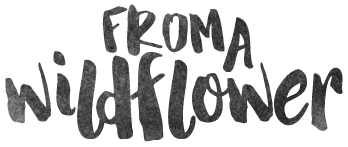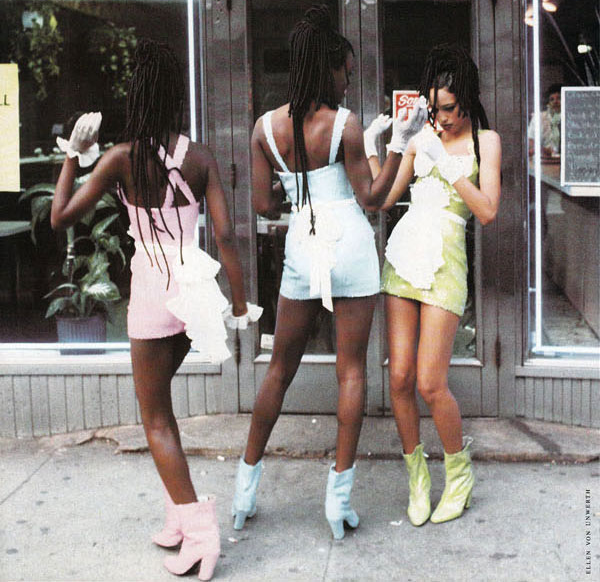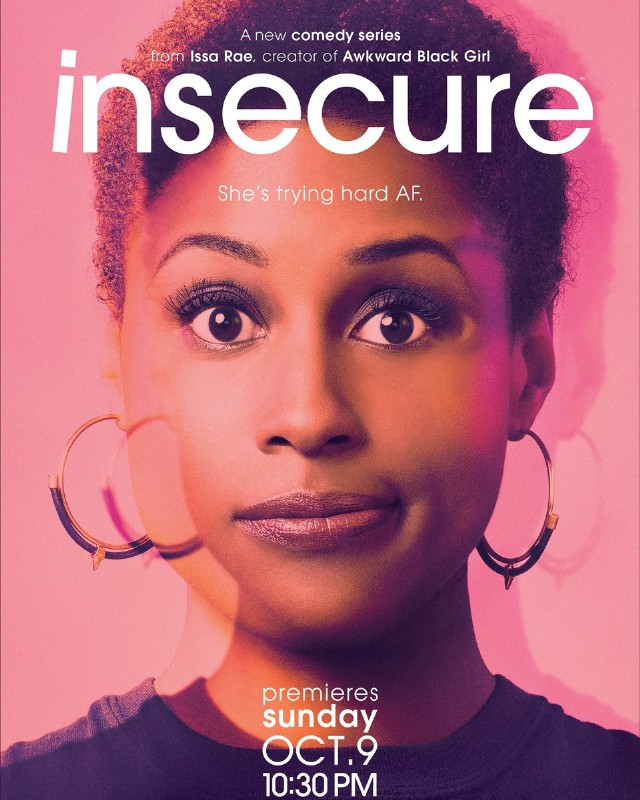I’d be happy to never hear those words again. It’s been almost two weeks since my father died and I’ve already heard it said about 500 times. Gross exaggeration, but the feeling is that I hate it. It’s a reminder that he’s really gone. I’ll never be able to laugh with him again. I’ll never again see his smile filled with his crooked teeth.
I was with him in the hospital when he died. I was too scared to go to my aunt’s house to rest for the night. The fear that he would die with no one by his side had me shook. One of the hospital techs wheeled in a reclining chair for me to sleep in. She gave me a pillow and two warm blankets. It became my bed. So I changed into my pajamas, and I was set.
The next few hours consisted of me rubbing my father’s feet (it was the one thing he wanted all day that made him feel good) and grabbing a nurse from the station when he felt pain I couldn’t help him with. Every time I sat down to close my eyes for just a couple of minutes, I would hear him cry out, so I would get up and see what he needed.
Around 3:45 a.m. I finally dozed off, but I woke up an hour later to a room full of nurses calling my father’s name with the hopes that he would respond. One of the nurses told me to call my family because it didn’t “look like he would make it.”
“Maybe if you call him he will answer,” one of the nurses said.
I rushed to his side and shouted for my daddy. I squeezed his hand and told him to squeeze it back just like he had done all day, but I felt nothing. With his oxygen almost gone, there was barely any life in his eyes.
After calling my family, I went back to his side to continue holding his hand. This time he was looking right at me. I pleaded for him not to go. “Please, Daddy, just wake up. Pleasepleaseplease.” By now, one of his cousins arrived to his room, and we cried together while we held his hands.
He was pronounced dead at 5:22 a.m. on December 17. He was 61.
I stood there stunned as the nurses filed out. One stayed behind to hug me. “I’m sorry for your loss,” she said as I sobbed uncontrollably into her shoulder.
More of my family came to the hospital. I let my friends know what happened. Each and every time someone said those five words, I lost it. “I’m sorry for your loss” makes it too real. “I’m sorry for your loss” means my father was never coming back. He didn’t go on vacation or go to the store. Each “I’m sorry for your loss” was a hit to my heart and a stab to my soul.
There’s not much anyone can say when someone dies. Your options:
— “I’m sorry for your loss.”
— “My condolences to you and your family.”
— “My prayers are with you during these times.”
— “He’s in a better place.”
— “My condolences to you and your family.”
— “My prayers are with you during these times.”
— “He’s in a better place.”
It’s all very nice. It’s what we’ve been programmed to do. But to actually have it meant for you is a whole other feeling. I’m not sure when people will stop saying it to me. And I can’t tell you when I’ll be okay with hearing those words either. So until then, don’t be sorry. Just be there. That means more anyway.
RIP Daddy.
–
 Ariel Cherie is a writer and podcaster living in Brooklyn. You can catch her on the internets on The Urban Daily, Gorgeous in Grey, and her own bloggy blog, Overquirked + Unfazed. When she’s not writing or chatting it up on her podcast, Catnaps and Cognac, you can probably catch her watching cartoons and eating cupcakes. Follow me on Twitter!
Ariel Cherie is a writer and podcaster living in Brooklyn. You can catch her on the internets on The Urban Daily, Gorgeous in Grey, and her own bloggy blog, Overquirked + Unfazed. When she’s not writing or chatting it up on her podcast, Catnaps and Cognac, you can probably catch her watching cartoons and eating cupcakes. Follow me on Twitter!








January 31, 2015
I say this from experience. It gets better each day. I lost my mother at 46. I lost my father the day my mother died. He became a different person. He no longer acknowledge me as a daughter. No one will ever understand your loss except those that has gone though it. Saying, “I’m sorry for your loss” doesn’t being the person back nor does it help you heal. Having amazing people in hour corner helps you heal.
February 12, 2015
Thank you for sharing! And I agree. That’s extremely helpful. Thank you for reading.